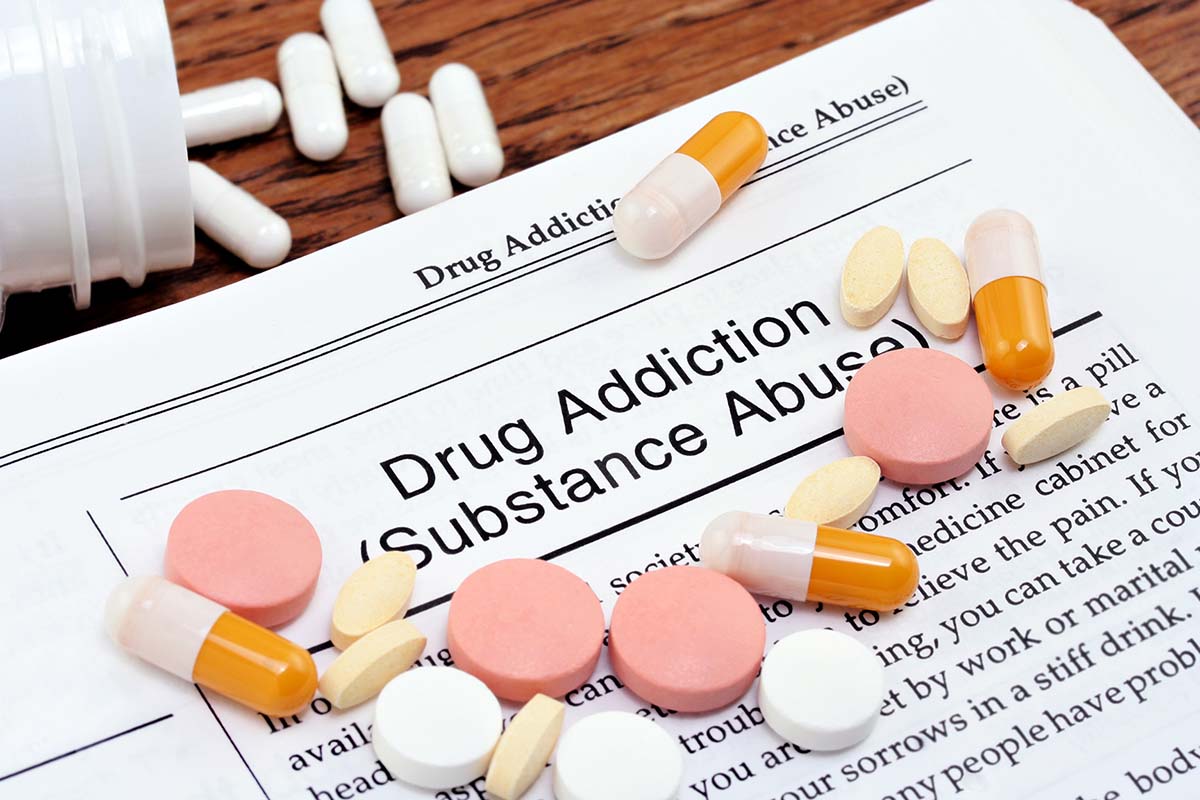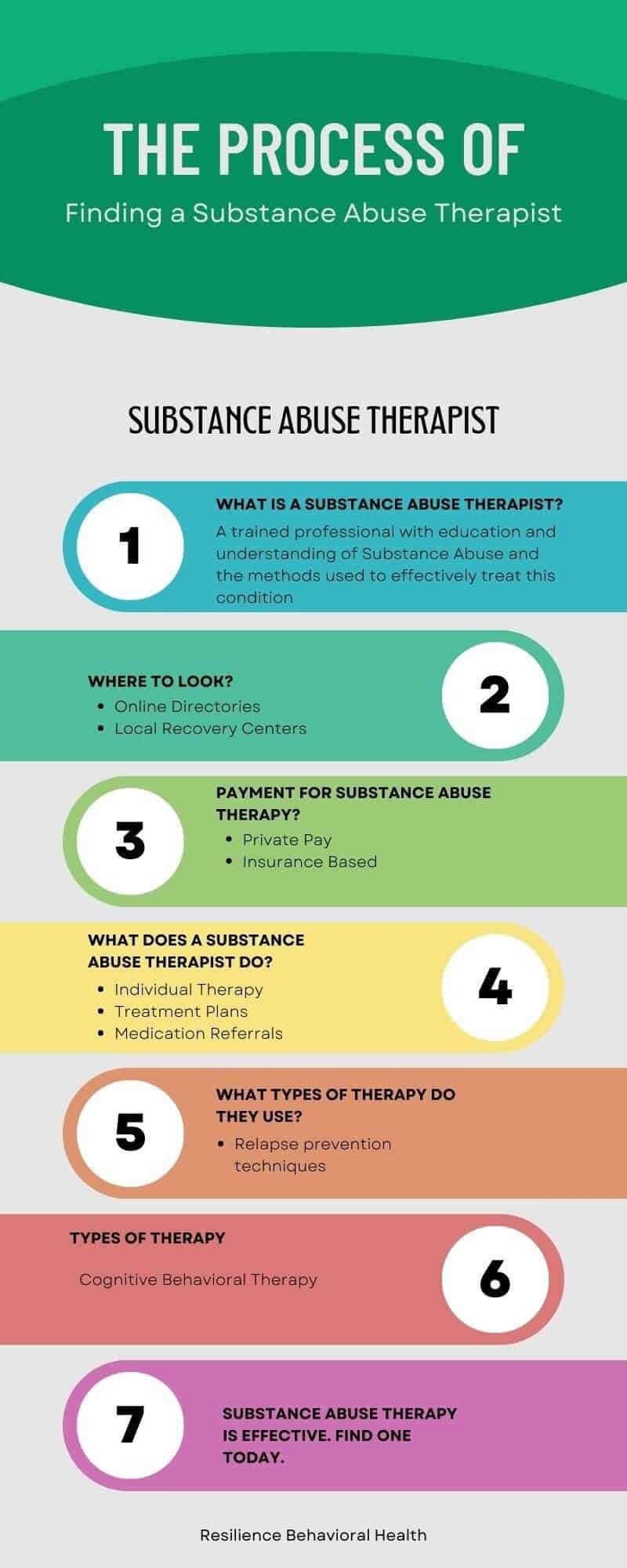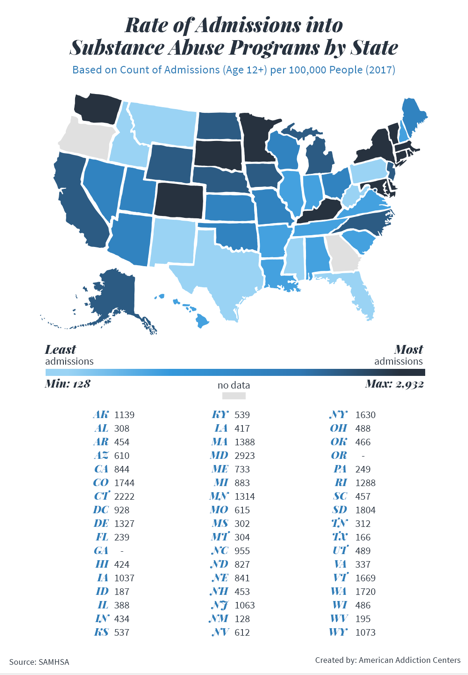Drug Abuse Rehab: Paths to Healing and Recuperation
Substance Abuse rehabilitation plays a crucial function in aiding people overcome the struggles of dependency and rebuild their lives. Whether an individual is battling alcohol reliance, medicine dependency, or prescription abuse, recovery centers provide a structured environment for recovery-- physically, emotionally, and emotionally. In today's globe, where the challenges of dependency are extensive, recognizing what rehab requires, its significance, and the kinds of services offered can make a significant distinction in one's trip to recuperation.
Understanding Drug Abuse and the Demand for Rehab
Chemical abuse affects numerous individuals worldwide, crossing age, gender, and socioeconomic lines. It is a complicated problem characterized by the compulsive usage of hazardous compounds regardless of negative repercussions. Medications and alcohol can modify brain chemistry, bring about physical dependence and mental illness. Gradually, dependency takes control of an individual's capacity, actions, and judgment to function typically in society. Lots of people that drop right into this cycle usually find it difficult to quit without professional help.
Since dependency is not just a lack of self-discipline-- it's an illness that impacts the mind and body, Rehabilitation becomes important. Rehab centers provide evidence-based therapies that target the origin triggers of Substance Abuse as opposed to simply the signs. These programs use organized atmospheres that encourage recuperation via medical detoxification, therapy, and skill-building. The utmost goal is to aid individuals develop dealing mechanisms and lead drug-free, productive lives.
When an individual can no much longer manage day-to-day obligations or keep connections due to Substance usage, the need for rehabilitation typically arises. Family members conflicts, job efficiency problems, or wellness problems are usually the very first indications that specialist help is required. By looking for treatment early, people can prevent long-lasting damages to their physical health and psychological well-being.
The Relevance of Substance Abuse Rehab
Recovery is not merely regarding giving up drugs or alcohol-- it has to do with makeover. The importance of rehab exists in its all natural method to healing, concentrating on the individual in its entirety instead than simply the addiction. Numerous individuals go into rehabilitation at their cheapest point, typically feeling hopeless and isolated. The structured atmosphere of a rehab center supplies them with the tools and support to find objective and self-worth.

One of the key benefits of rehab is the medical guidance provided throughout detoxing. Withdrawal signs and symptoms can be extreme and, in many cases, life-threatening. Professionals monitor the process, ensuring safety and comfort while reducing the risks of regression. Past physical recovery, rehab also deals with the psychological aspects of addiction via treatment and therapy. Cognitive-behavioral treatment (CBT), motivational interviewing, and team sessions assist individuals understand their triggers and find out healthy coping mechanisms.
Moreover, rehabilitation provides long-term advantages that extend past the person. Households regain security, connections are healed, and neighborhoods benefit when people reintegrate as healthy, contributing participants. Substance Abuse not just harms the individual included yet likewise influences loved ones. Recovery helps damage this cycle, fostering healthier environments for everybody entailed. Basically, rehabilitation is an investment in life, wellness, and the future.
Services Offered in Substance Abuse Rehabilitation Centers
Rehabilitation facilities offer a large array of services tailored to the one-of-a-kind needs of each client. The objective is to develop an individualized therapy plan that attends to physical, psychological, and social aspects of healing. The initial stage of many programs is clinical detoxing, where the body is cleaned of dangerous materials under professional supervision. Detox assists handle withdrawal signs securely, leading the means for more therapeutic interventions.
Complying with detoxification, clients usually relocate into therapy and counseling sessions, which develop the core of dependency treatment. Private therapy enables clients to work one-on-one with certified therapists to uncover underlying issues, such as trauma or mental health problems that might have added to dependency. Group therapy, on the other hand, cultivates peer assistance and liability. Sharing experiences with others that have faced similar battles aids people feel understood and motivated.

Kinds Of Rehabilitation Programs Available
Not all rehab programs are the exact same. Depending upon the intensity of addiction, individual preferences, and life scenarios, individuals can select from several kinds of rehabilitation programs. The most typical are inpatient, outpatient, and household treatment programs. Each offers distinct benefits designed to accommodate different levels of care.
Inpatient rehab programs call for individuals to stay at the therapy facility full time, normally for 30, 60, or 90 days. This environment gives day-and-night clinical and emotional support, removing disturbances and temptations from everyday life. Inpatient care is excellent for those with severe addictions or co-occurring psychological health problems, as it ensures thorough guidance and intensive therapy.
Outpatient rehabilitation programs offer more adaptability for individuals who can not commit to full-time treatment. Participants attend treatment sessions numerous times a week while proceeding to live in the house or preserve work responsibilities. Outpatient treatment is ideal fit for those with moderate to moderate dependencies or for those transitioning from inpatient treatment. It allows people to use coping techniques in real-world settings while still obtaining expert assistance.
There are also specialized rehabilitation programs that provide to specific teams, such as professionals, females, or teenagers. Some facilities incorporate faith-based techniques, while others focus on all natural healing that incorporates physical wellness and mindfulness methods (dual diagnosis rehab NJ). Additionally, high-end rehabilitation centers give high-end features and exclusive lodgings for those seeking convenience alongside treatment. No matter of type, the main purpose remains the exact same-- to lead individuals toward continual recuperation
Common Factors Individuals Required Rehab
Addiction does not occur overnight, neither does it have a solitary cause. People seek rehab for numerous factors, typically linked to both environmental and personal elements. One of one of the most usual factors is persistent stress and trauma. Individuals who have actually experienced physical or psychological trauma typically transform to materials as a coping device. Over time, this behavior becomes habitual, resulting in reliance. Rehab assists these individuals process unsettled pain with therapy and emotional support.
Another significant factor is psychological wellness problems, such as clinical depression, anxiousness, or bipolar affective disorder. When psychological ailment goes unattended, people might self-medicate utilizing medications or alcohol to leave their emotional distress. This dual-diagnosis scenario requires customized therapy that attends to both addiction and mental wellness all at once. Rehabilitation centers geared up with psychological treatment can help stabilize these problems with medication monitoring and therapy.
Public opinion and environmental impact likewise play a major duty basically Abuse. Peer pressure, family members dysfunction, or exposure to habit forming substances from a young age can make people a lot more susceptible to dependency. For some, addiction starts innocently-- with prescription medicine adhering to an injury or surgical procedure-- however escalates right into misuse. Rehabilitation offers a organized and safe course to break cost-free from these cycles. It equips people to identify triggers, construct healthier routines, and re-establish control over their lives.
The Journey of Healing and Life After Rehabilitation
Recovery does not finish the day a person completes a rehabilitation program-- it's a lifelong process of development and self-discovery. Life after rehab includes obstacles, however additionally opportunities for revival. Many individuals define it as a "second possibility" to cope with gratefulness, objective, and clarity. The lessons found out throughout therapy, such as self-discipline, emotional understanding, and durability, end up being the structure for a meeting life devoid of addiction.
After leaving rehab, individuals are motivated to join aftercare programs and support networks. Routine participation in group meetings or therapy sessions assists preserve responsibility and avoids relapse. Sober living atmospheres can also provide transitional housing for those who require added framework before completely reintegrating into society - Inpatient rehab. Keeping a solid assistance system of household, good friends, and peers is vital for long-lasting success
Furthermore, recuperation unlocks to individual development. Lots of individuals pursue education and learning, brand-new jobs, or volunteer job as component of their healing journey. They learn to manage anxiety look at these guys through healthy electrical outlets such as exercise, reflection, or innovative hobbies. While regressions can occur, they are seen not as failures but as possibilities to reinforce one's commitment to soberness. Inevitably, chemical abuse rehabilitation works as the foundation for a life of balance, purpose, and flexibility.

Verdict: Selecting Hope and Recovery
Substance Abuse rehab represents even more than a therapy-- it symbolizes additional resources hope. It is a bridge in between misery and renewal, supplying individuals the possibility to recover their lives from dependency's grasp. With professional care, structured treatment, and compassionate assistance, individuals can rediscover their strength and objective. Understanding the solutions provided, the kinds of rehabilitation readily available, the significance of rehab, and the factors individuals require it offers clearness for those looking for aid or sustaining enjoyed ones on their trip.
Picking rehabilitation is not an indication of weak point yet of courage-- the guts to face pain, reconstruct identity, and welcome a brighter future. Healing is feasible, and with the best support, every action toward recovery brings a person better to lasting freedom and tranquility.
Substance Abuse rehab plays a vital function in assisting individuals conquer the struggles of addiction and rebuild their lives. The need for rehabilitation frequently occurs when an individual can no much longer handle daily obligations or maintain connections due to Substance use. Inpatient rehab programs need individuals to remain at the therapy center full-time, normally for 30, 60, or 90 days. Outpatient rehab programs supply even more flexibility for individuals that can not devote to permanent therapy. After leaving rehabilitation, individuals are urged to participate in aftercare programs and assistance networks.